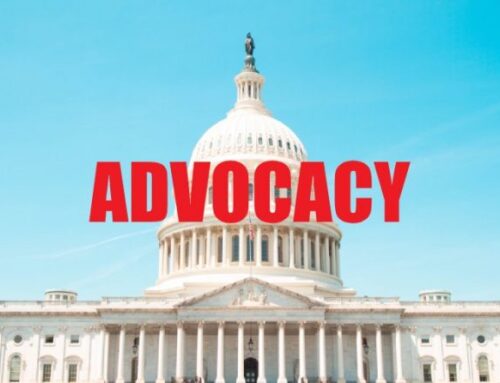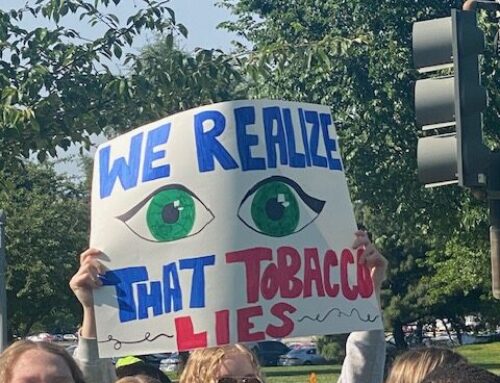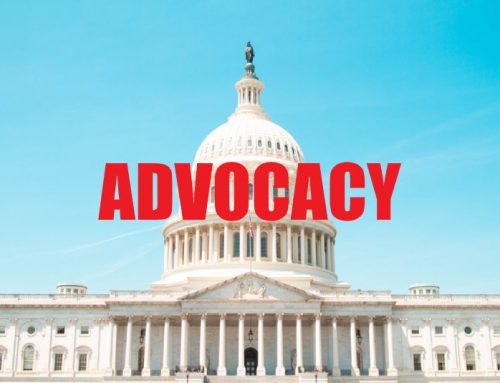Excerpt:
In this ANPRM, FDA established important parameters limiting its inquiry regarding the regulation of premium cigars. By its plain terms, this ANPRM is not for the purpose of reconsidering the agency’s judgment that, based on the information available and in the administrative record at the time of the final Deeming Rule, there is no public health rationale for excluding premium cigars from regulation. Indeed, the ANPRM reiterates FDA’s key conclusions leading to its decision to reject any such exemption from regulation for any category of cigars: “(1) All cigars post serious negative health risks, (2) the available evidence does not provide a basis for FDA to conclude that the patterns of premium cigar use sufficiently reduce the health risks to warrant exclusion, and (3) premium cigars are used by youth and young adults.”
Moreover, as the ANPRM notes, even if the patterns of use of premium cigars may differ from other categories of cigars, this would not justify an exemption from regulation: “FDA noted that, although some premium cigar smokers might smoke these products infrequently or report that they do not inhale, these behaviors do not negate the adverse health effects of tobacco smoke or demonstrate that cigars do not cause secondhand smoke-related disease in others.” The ANPRM states that those conclusions followed careful consideration of the public comments submitted on the Rule.
Rather than reconsidering the evidence supporting its Deeming Rule decision to regulate premium cigars, the ANPRM is intended only to allow the agency to receive any information that may not have been available prior to the final Deeming Rule, or otherwise not considered by FDA in the Deeming Rule proceedings. The ANPRM notes, in particular, that “the comments against regulation provided little data to support the opinions expressed and where studies were submitted, provided little information about the studies cited.” Thus, the agency explains that it “is seeking comments, evidence, information, data, and analysis that were not submitted in response to the proposed deeming rule, or that may have become available since then, that could further inform FDA’s thinking about the regulation of premium cigars.” In our view, the fact that supporters of a regulatory exemption for premium cigars were unable to support such an exemption with valid science is an insufficient reason to issue this ANPRM and conduct these proceedings. Nevertheless, it is clear that FDA is seeking only information not presented to the agency in the Deeming Rule proceedings and those supporting a regulatory exemption have the burden of justifying it based on newly presented evidence.
The limited parameters of this ANPRM proceeding are further underscored by representations made on FDA’s behalf to a federal court by the U.S. Department of Justice (DOJ), in successfully defending the cigar health warnings mandated by the Deeming Rule against industry attack. In a brief filed in Cigar Association of America et al. v. U.S. Food and Drug Administration, DOJ discussed the meaning of the ANPRM and its implications for the application of the Deeming Rule cigar warnings to premium cigars, explaining that “the ANPRM in fact underscores that the FDA’s decision not to craft a special exemption for premium cigars was made only after a thorough review of the then-available evidence, not before.” Thus, the DOJ brief observed that “the FDA has agreed to accept additional information that may bear on the issue – but only ‘new and different’ information that was not already submitted in comments on the proposed deeming rule.” In upholding the Deeming Rule’s cigar health warnings, the court, relying on FDA’s representations concerning the parameters of the ANPRM, commented that “[b]y so limiting the scope of the information and comments requested, the FDA does not concede, or even hint, that the prior rulemaking record was deficient in any respect.” Again, according to the text of the ANPRM and the government’s representations in court characterizing the ANPRM (relied on by a federal court), this proceeding is not a reconsideration of the agency’s Deeming rule decision against exempting premium cigars from regulation, but simply a means for the agency to receive new and different information it did not consider in the Deeming rule proceedings.
As the following discussion indicates, the studies and data that have emerged since the final Deeming rule was issued in May, 2016 in no way undercut the FDA’s well-reasoned decision against a premium cigar exemption; indeed, they strengthen the scientific support for regulating all cigars.




